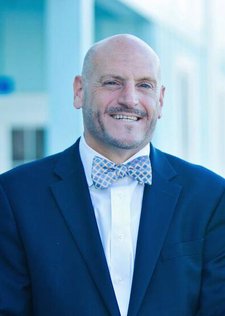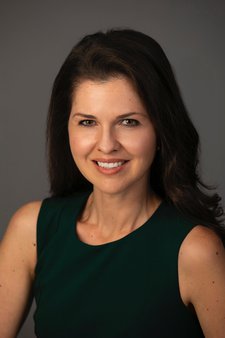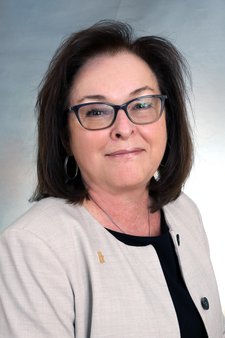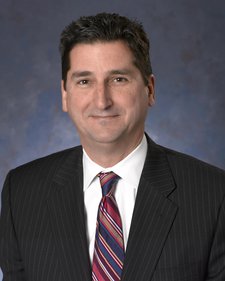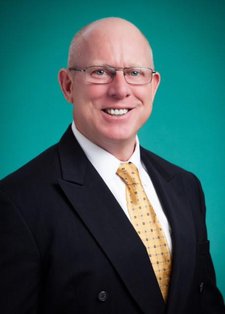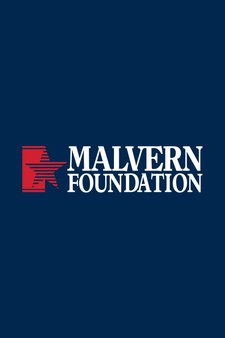
By Julia Carpenter
Dec. 28, 2022
Want your stock to rise in 2023?
The same principles investors use to build wealth can be applied to enriching yourself in other ways. Just as we buy stocks and bonds to generate financial growth, we can build a portfolio of how we spend our time and money now that pays off in the months and years ahead.

iStock-1337683229.jpg
Investments in ourselves, or what economists call our human capital, can be a more productive way to frame efforts for bettering our lives. Diane Ring, interim dean and professor of law at Boston College, has previously researched new developments in human capital investments and the sharing economy. She points to three major categories of growth that can be nurtured by investing in ourselves: professional, personal and health.
“Those buckets are all connected,” she said. “Think of it as wanting different kinds of returns for yourself. They’re all slightly different, but still moving toward stability, with the aim to retire in a way that seems to make sense for ourselves and our plans.”
You can use the same ideas that guide your personal finance goals to invest in your career, well-being and happiness. By focusing on these three buckets, you can make strides on your 2023 goals.
Set a long time horizon
Investing in your long-term success goes beyond one-and-done actions like joining a gym or stocking your closet with professional attire. These goals for the future require management and attention to develop rewards later on—just like managing your stock portfolio.
“Investment means, at the core, planting a seed and then getting returns down the road,” said Megan McCoy, assistant professor of personal financial planning at Kansas State University. “It has to be a path.”
To do this, Prof. McCoy said it is best to envision your investment as a long road with multiple steppingstones. Each step helps you visualize yourself one step closer to the end goal. These same steps also provide opportunities to check in and ask yourself the big questions about how your investment is performing.
“Everyone is so overscheduled, and I feel like everybody is just surviving rather than saying, ‘What is giving me intellectual stimulation? What is my purpose? What is my passion? What am I doing any of this for?’” Prof. McCoy said. “Make time to develop these internal maps.”
Don’t forget to diversify
Just as you wouldn’t want to overinvest in a single stock, Prof. Ring said, neither would you want to put too much energy toward a single goal at the expense of your other interests.
Divide your time and attention equally among the career and financial investment, personal investment and investment in health. Overinvesting in one bucket may weaken the other two, just as when putting all too much money into a single company or industry can hurt your overall stock portfolio.
In self-investment, we have to safeguard ourselves against burning out too soon, Prof. Ring said.
“If we’re pushing so hard on the financial side, maybe picking up an extra job on the weekends, ask, ‘Does this put a strain on the personal and health side of things? That could impact your ability to perform at work,’” she said.
Pay yourself dividends
Research shows people are much more successful at accomplishing a goal when they build in rewards and other incentives along the way, said Katy Milkman, professor of operations, information and decisions at the University of Pennsylvania.
In a 2021 study, Prof. Milkman and her colleague Angela Duckworth, a professor who co-directs the Behavior Change for Good Initiative at the University of Pennsylvania with Prof. Milkman, looked at how incentive programs affected gym attendance. In one finding, gym goers who missed a workout received an extra incentive—bonus points they could convert to cash—if they returned after a missed workout. Compared with a placebo control group, this incentive program increased gym visits by 27%.
Rewards help turn a long-term goal—such as starting a new hobby to enrich your retirement years or more carefully considering how you use your working hours—into a series of short-term pursuits.
Prof. Milkman calls this strategy “temptation bundling.” Combining certain tasks with a reward can help them feel less like chores, she said.
“If you are bundling it with something that’s super fun for you, like saying ‘I only get to open my favorite bubbly wine when I’m making a fresh meal for my family’ or ‘I am only allowed to binge watch my favorite TV show when I’m at the gym,’ you see more success.”
This strategy also allows us to reframe these aspirations as fun things, rather than financial chores or burdensome tasks.
Bringing friends, joining a group or finding a way to make a long-term commitment more social helps more people see their goal through to completion, Prof. Milkman said. Even after you’ve accomplished several steps, you may find that sharing your progress with others and playing the role of “advice giver” leads to progress on your own goals.
“When we coach other people on something we’re also hoping to achieve, we also see better outcomes in ourselves,” she said. “So advice giving helps the advice giver.
Write to Julia Carpenter at julia.carpenter@wsj.com
Dow Jones & Company, Inc.


